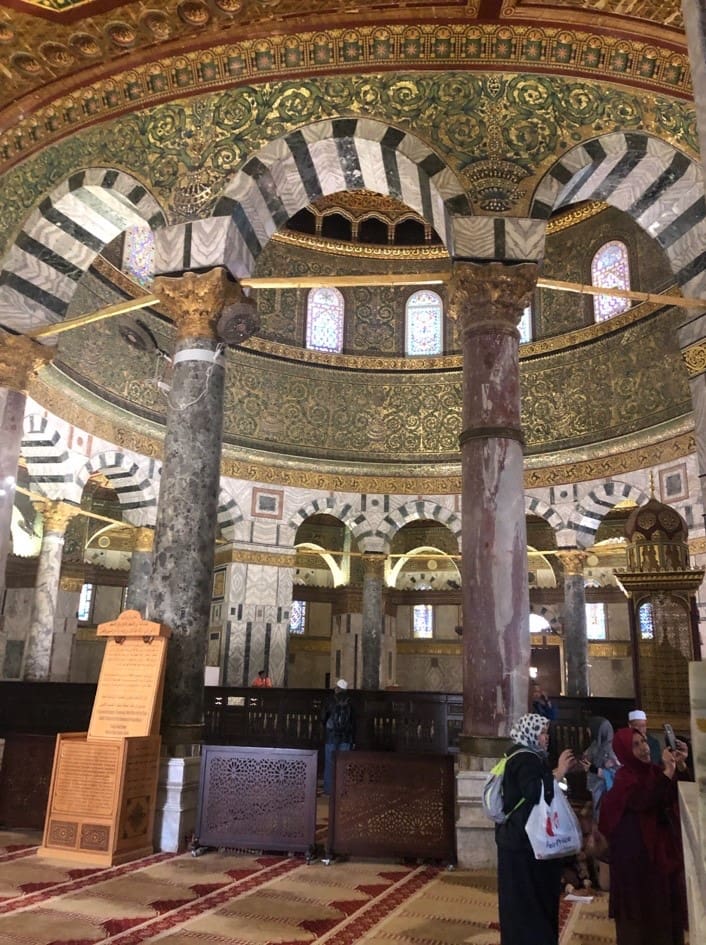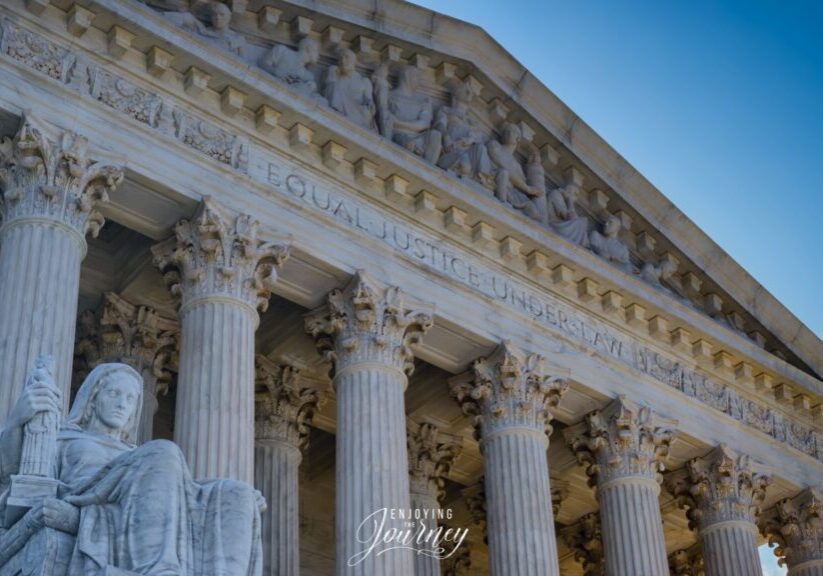
The Temple Mount
“And David spake unto the Lord when he saw the angel that smote the people, and said, Lo, I have sinned, and I have done wickedly: but these sheep, what have they done? let thine hand, I pray thee, be against me, and against my father’s house. And Gad came that day to David, and said unto him, Go up, rear an altar unto the Lord in the threshingfloor of Araunah the Jebusite. And David, according to the saying of Gad, went up as the Lord commanded.” (2 Samuel 24:17-19)
The Location
The Dome of the Rock memorial has dominated the Jerusalem skyline since it was built in the 7th century. However, the golden-domed shrine was built on a biblical site. It is situated where the Temple of Solomon once stood, which was also the site of the Second Temple, built by Zerubabel and later renovated by King Herod. Inside the memorial is what is called the Foundation Stone, believed by many to be the threshing floor of Araunah the Jebusite. Being that it was on one of the highest points in the area, the prevailing winds would make it a good place to thresh grain. Jews believe that this rock was in the Holy of Holies, and some will actually pray to the rock for salvation, since they believe that it holds back the judgment waters of Noah’s flood. During the Feast of Tabernacles, one of the traditional Jewish prayers reads “Hosanna, save us, o Foundation Stone.” Beneath the Foundation Stone is a cave called the Well of Souls. Some believe that this cave was the actual site of the Holy of Holies.
Non-Muslim visitors are strictly prohibited from entering the Dome of the Rock by Israeli law. However, I was able to join an unusual, one-off tour through both this building, and the Al-Aqsa mosque on the Temple Mount. A representative of the local Muslim community offered to lead a special tour inside for a curated group of people, and I was fortunate enough to be invited along.
I enjoyed getting inside this enigmatic building and learning about the traditions associated with it. However, I was there to see the pillars. A common concept in ancient societies is the reuse of ancient building materials in new construction by later societies.
After the Romans destroyed the Temple in 70 AD, the Jews attempted to rebuild the Temple on several occasions through the millennia, most notably under the Roman Emperor Hadrian. Other than that, the area was left abandoned. When the Muslims built the Dome of the Rock in the 7th century, they may have reused some pillars from the destroyed Temple. Specifically, there are some Roman era pillars inside the Dome, as well as some ancient cedar paneling that very well may date from the first or second Temple.
The Application
As a believer in Jesus, I was intrigued by the architecture and history of the building. However, seeing, touching, and learning about the Foundation Stone reminded me of Isaiah. The prophet wrote, “Therefore thus saith the Lord GOD, Behold, I lay in Zion for a foundation a stone, a tried stone, a precious corner stone, a sure foundation: he that believeth shall not make haste.” (28:16) Later Scripture writers such as Peter, Paul, and Christ Himself identified that stone as Jesus. Our hope, to whom we pray for salvation, is the true foundation stone, the incarnate Son of God. Have you trusted in Him for your salvation? Is He your foundation? If you are building the structure of your faith on anything other than Christ, your building will crumble to ruin.
“For other foundation can no man lay than that is laid, which is Jesus Christ.” (I Corinthians 3:11)

Columns in a circle around the Foundation Stone. Some scholars have suggested that these columns may have once stood in the Second Temple after King Herod’s renovations. Photo by John Buckner
Discover more from Enjoying the Journey
Subscribe to get the latest posts sent to your email.







Good writing and love stories about Israel!❤️👍🏻🙏🏻